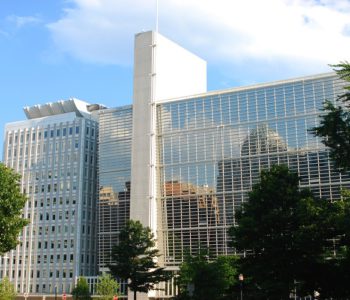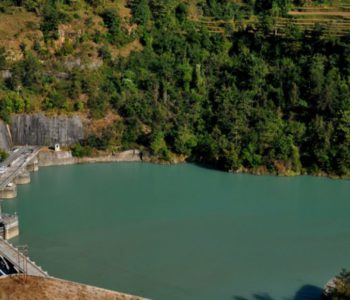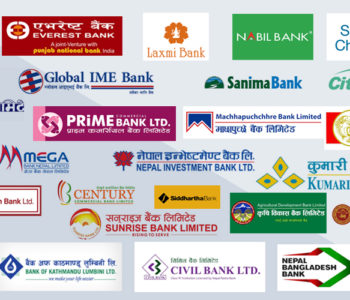Tata Group officially takes over loss-making Air India

KATHMANDU: India’s national carrier, Air India, has been officially handed over to the Tata Group, which bought the debt-ridden airline in October last year.
The Tatas paid nearly $2.4bn (£1.7bn) after the government made the terms of the debt less onerous for the buyer.
The salt-to-steel conglomerate founded the airline in 1932 before it was taken over by the government in 1953.
The handover brings to an end a years-long attempt to sell Air India, which has racked up losses worth $9.5bn.
Tata Group chairman Natarajan Chandrasekaran met Prime Minister Narendra Modi on Thursday before the handover.
The existing board of directors for the airline has resigned, making way for a new board appointed by the Tata Group.
It’s unclear when Air India will begin flying under the Tata banner.
The sale is a boost to Mr Modi who had been keen to sell the government’s entire interest in the airline. It’s also the biggest disinvestment in government-owned assets and companies since Mr Modi came to power in 2014.
The government has been unable to divest its stake in several loss-making public companies despite its ambitious targets.
Air India has many assets, including prized slots at London’s Heathrow airport, a fleet of more than 130 planes and thousands of trained pilots and crew.
Tata Sons already run two airlines in India – Vistara, a full-service carrier in partnership with Singapore Airlines, and AirAsia India, a budget airline in partnership with Malaysia AirAsiaBhd.
Air India had been making losses since 2007 when it was merged with the state-owned domestic operator Indian Airlines. It remained operational due to taxpayer-funded bailouts.
The government said running the airline was incurring losses of nearly $2.6m every day.
The airline’s management cited rising aviation fuel prices and airport usage charges as well as competition from low-cost carriers, a weakening rupee and the interest burden for its poor financial performance.
Air India “suffered for its inconsistent service standards, low aircraft utilisation, dismal on-time performance, antiquated productivity norms, lack of revenue generation skills and unsatisfactory public perception”, according to Jitender Bhargava, a former executive director of the airline.
Yet the airline has attracted buyers because it owns several valuable assets, including millions of dollars worth of prime real estate.
-BBC












Facebook Comment